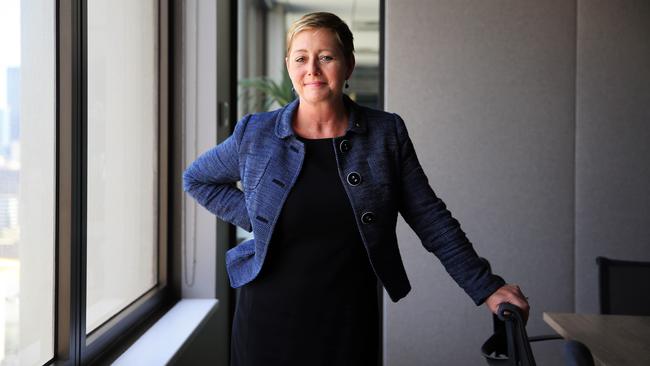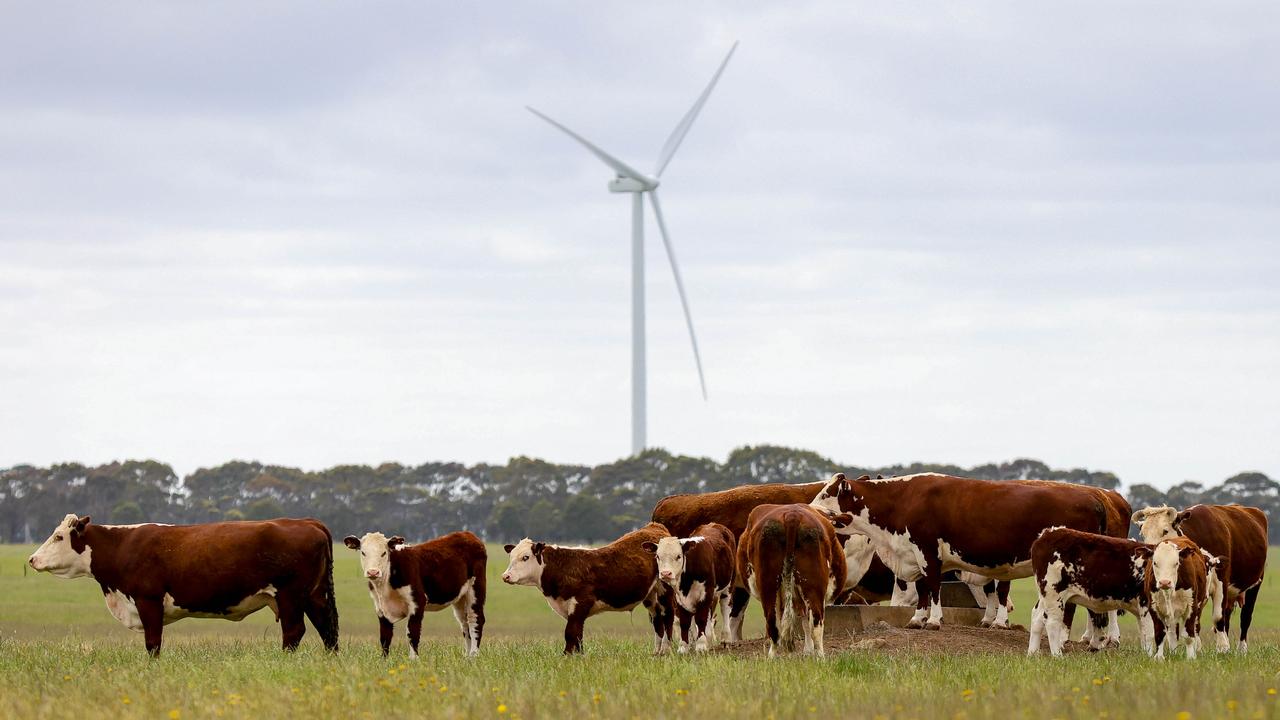Australian super funds back ASX corporate governance changes to enforce diversity reporting
As Donald Trump inflames the diversity, equity and inclusion debate in the US, super funds here reiterated their support for DEI reporting by ASX-listed companies.

Business
Don't miss out on the headlines from Business. Followed categories will be added to My News.
The superannuation industry is doubling down on its support for controversial diversity reporting guidelines for ASX-listed companies as debate about the future of such policies escalates in the wake of President Donald Trump’s rejection of DEI initiatives in the US.
The Association of Superannuation Funds of Australia (ASFA) and Australian Council of Superannuation Investors (ACSI), which represent some of the nation’s largest super funds and institutional investors, are backing the ASX Corporate Governance Council’s proposed changes to its principles and recommendations, which include higher quotas for women in company boardrooms, and a proposal for company reporting of diversity efforts beyond gender and including “other relevant diversity considerations”.
It comes as some commentators suggest a pushback against diversity programs is likely to escalate in Australia after Mr Trump signed an executive order earlier this week promising to terminate all diversity, equity and inclusion (DEI) offices, positions and programs across the US federal government.
In its submission to the ASX corporate governance review, ASFA called for the inclusion of “stronger language” around the proposed extension of diversity characteristics to include race, sexual orientation, religious beliefs and socio-economic background, arguing enhanced reporting measures would mitigate the risk of “group think” in the boardrooms of corporate Australia.

ASFA chief executive Mary Delahunty dismissed the political debate over DEI in the US as a distraction, with investors closer to home looking for the most effective boards to maximise returns. “It is a concern to see that sort of debate be so polarising … that really detracts from what it is that everyone’s talking about and what it is that investors are looking for,” she told The Australian.
“At the moment, it’s a little heightened in terms of this conversation, but it’s important to go back to basics and think about what are investors looking for? They’re looking for ways to extract more value from companies. And when we see diverse teams or an intentionality for diversity, then you can see a way to extract more value.
“So I think it’s important to remember this is not some sort of new-age concept to be scoffed at. It is an investment thesis that provides value to Australians through their superannuation fund.”
The ASX Corporate Governance Council – an independent group made up of business, shareholder and investor groups including ASFA, ACSI, the Australian Institute of Company Directors, Australian Shareholders’ Association and Business Council of Australia – will meet next month in a bid to break the deadlock over the proposed push to enhance the diversity reporting regime.
Other proposals in the latest draft of the proposed governance changes include lifting the quota for women on ASX 300 boards from 30 per cent to 40 per cent, and for boards to report on the effectiveness of their diversity and inclusion practices.
Companies are urged to report a gender target for their board, and time frame for achieving the target, but are only asked to disclose other diversity characteristics such as race, sexual orientation, age and religion if those characteristics are specifically being considered for their board composition. The principles and recommendations are not mandatory for ASX-listed companies, but under an “if not, why not” approach, companies must disclose when they choose not to conform with a recommendation and explain why.
Company directors have voiced their concerns about the higher regulatory burden being placed on ASX-listed companies at a time when fewer companies are choosing to go public on the national exchange.

However ACSI chief executive Louise Davidson said a lack of diversity on company boards represented a “financially material risk” for shareholders, and that’s why it was important for boards to remain fully transparent with their investors.
“Lack of diversity can be a financially material risk that impacts the long-term performance of a company and, in turn, shareholder returns. It’s one of a range of material risks which investors need to manage, and corporate disclosures support that management,” she said.
“Investors and companies know that managing risks – whether diversity, climate change or modern slavery, among others – is important to long-term financial sustainability. For superannuation funds as long-term investors, this is particularly important. Regardless of pushback, those basic facts remain.”
Individual super funds backing the diversity reporting changes in their submissions to the corporate governance review include Rest and HESTA.
To “capture the benefits of diversity at all levels of an organisation”, HESTA is also calling for a 40 per cent female quota to be applied at the executive level and across the workforce of listed companies, and for gender pay gap reporting requirements to be extended to companies with fewer than 100 employees.
HESTA chief executive Debby Blakey said increased diversity boosted the long-term performance of companies through improved decision-making and higher productivity.
“For many years, HESTA has advocated for the benefits of gender equality, broader diversity and inclusion in driving strong financial performance and lowering overall significant material risk to investors,” she said.
Originally published as Australian super funds back ASX corporate governance changes to enforce diversity reporting




